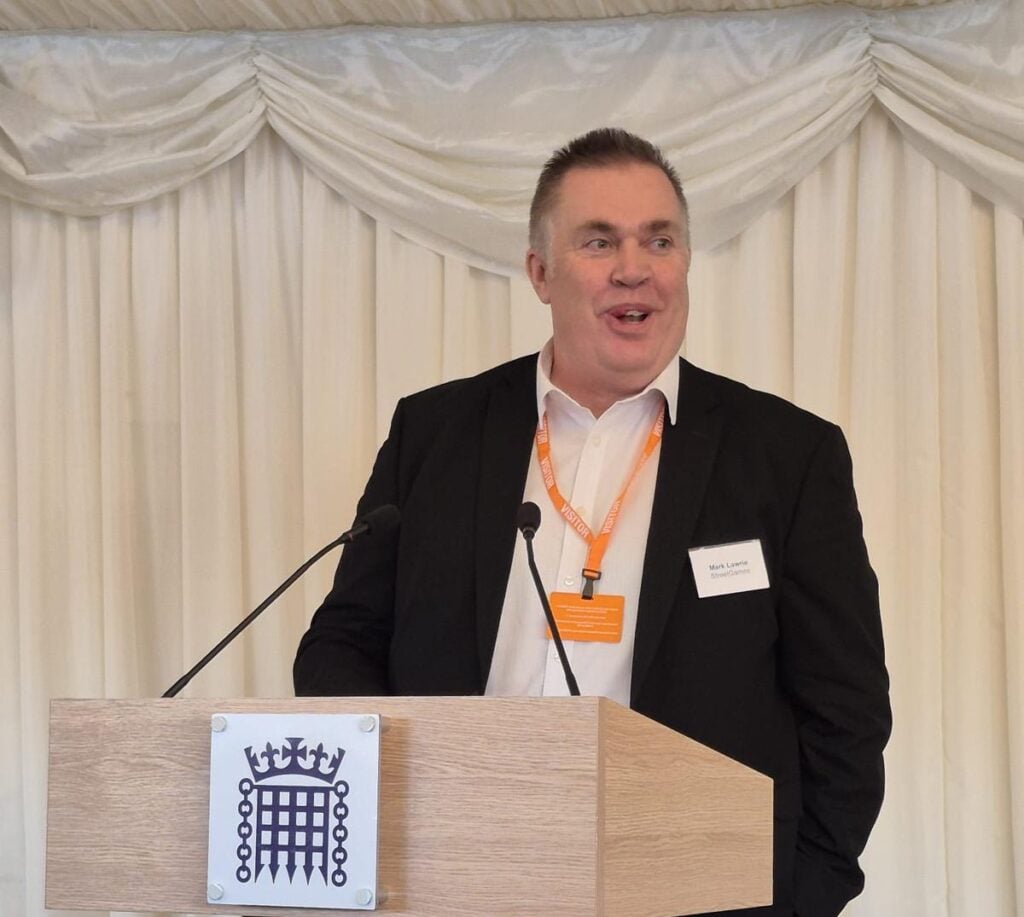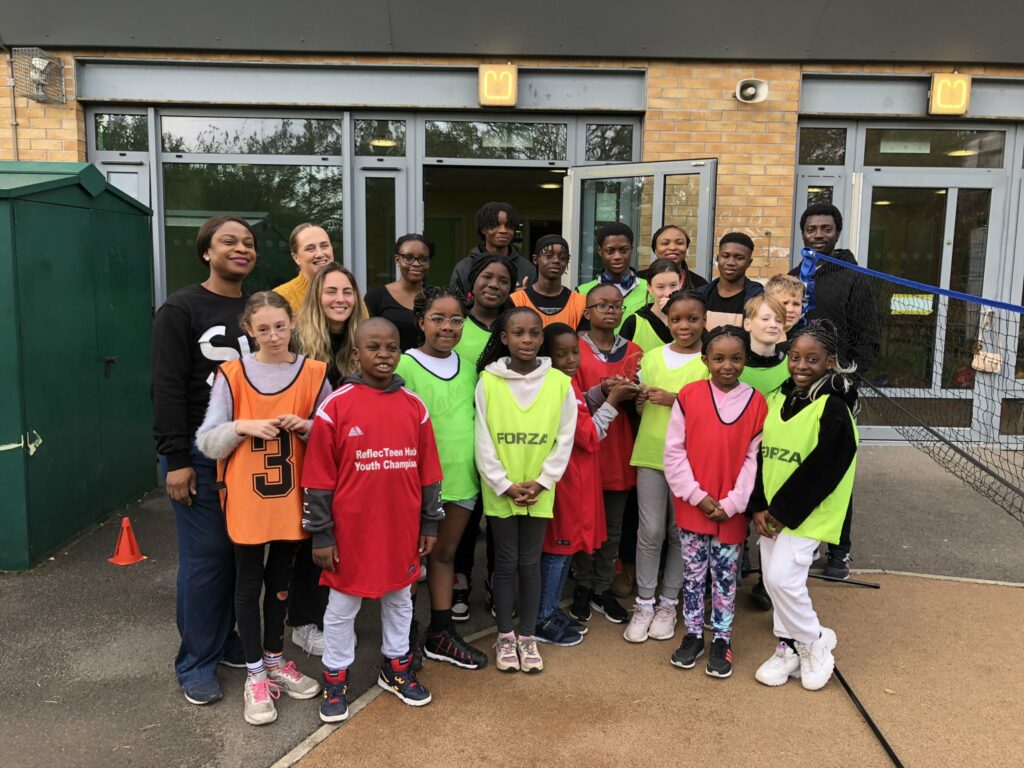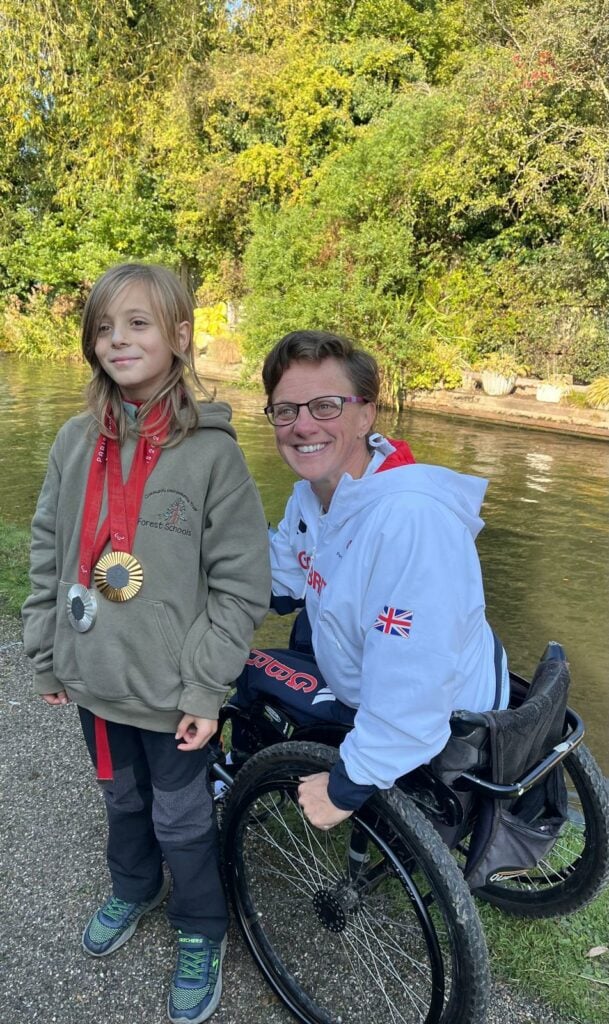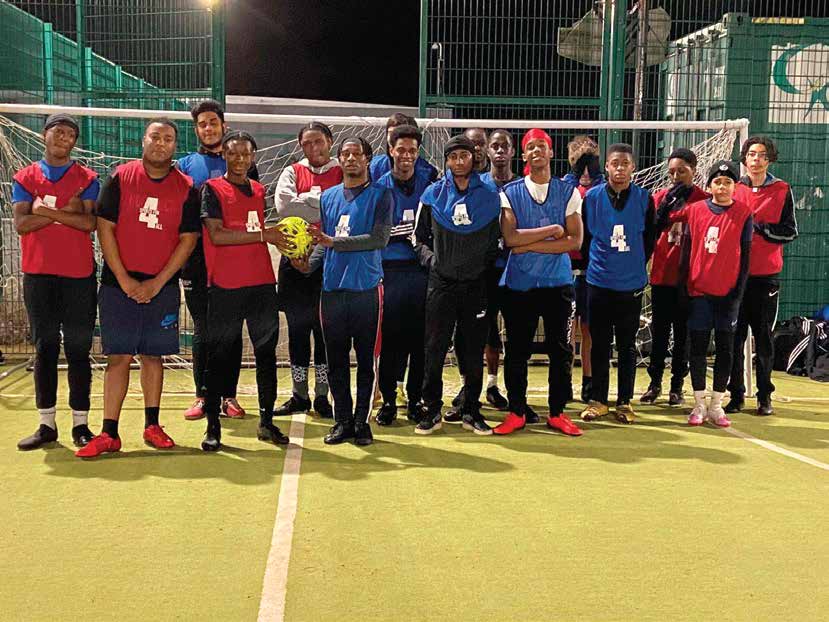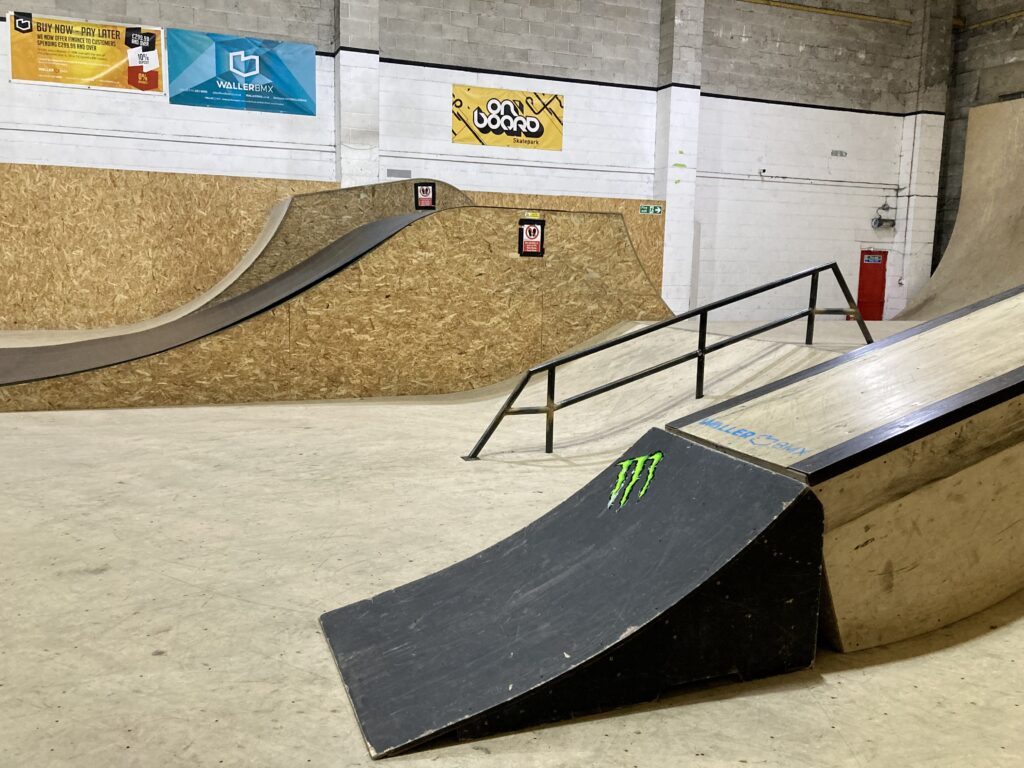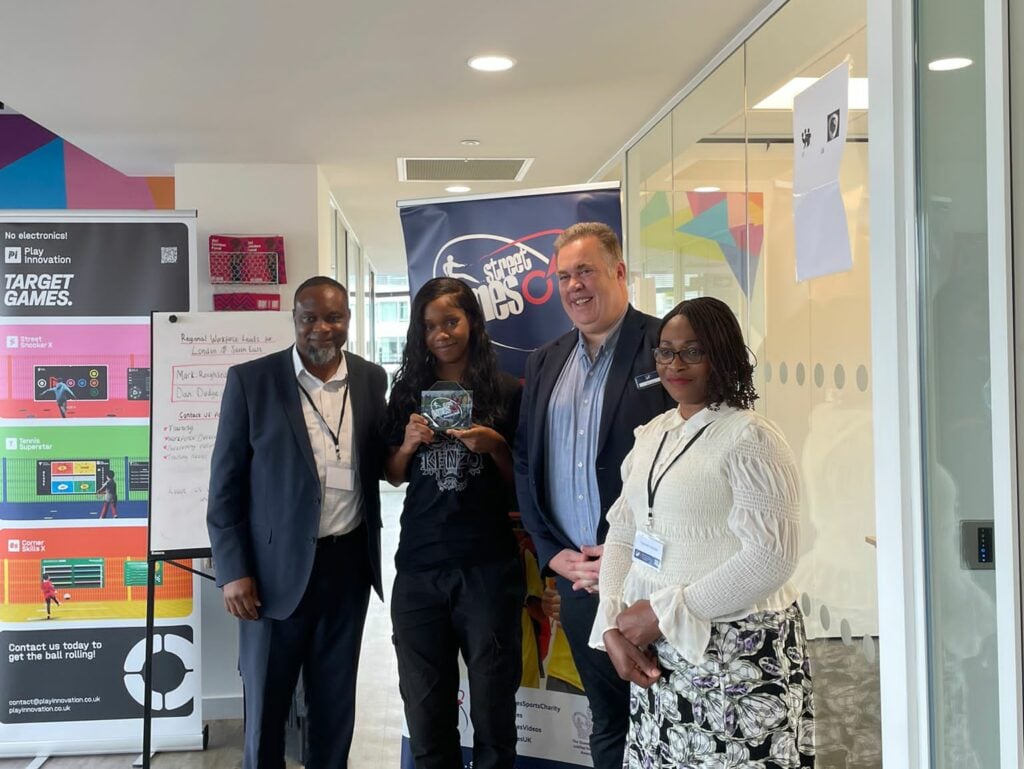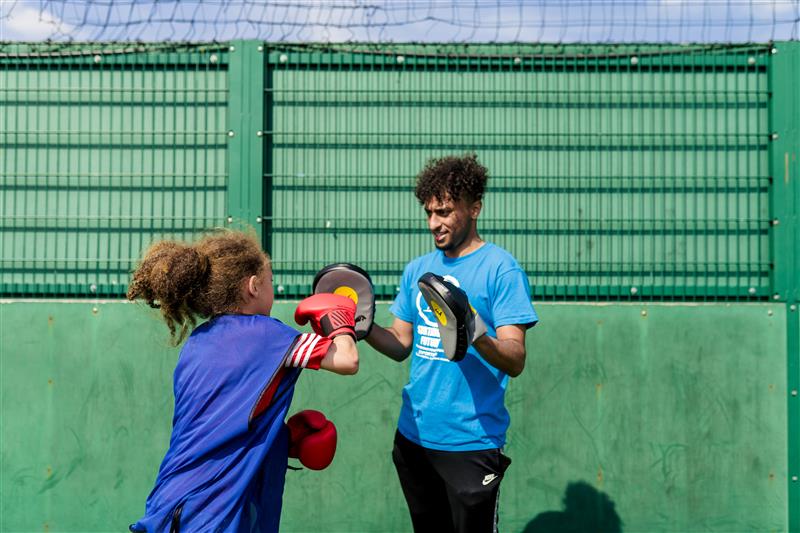StreetGames Support Girls and Young Women to Have Their Say in Rochdale
StreetGames Support Girls and Young Women to Have Their Say in Rochdale
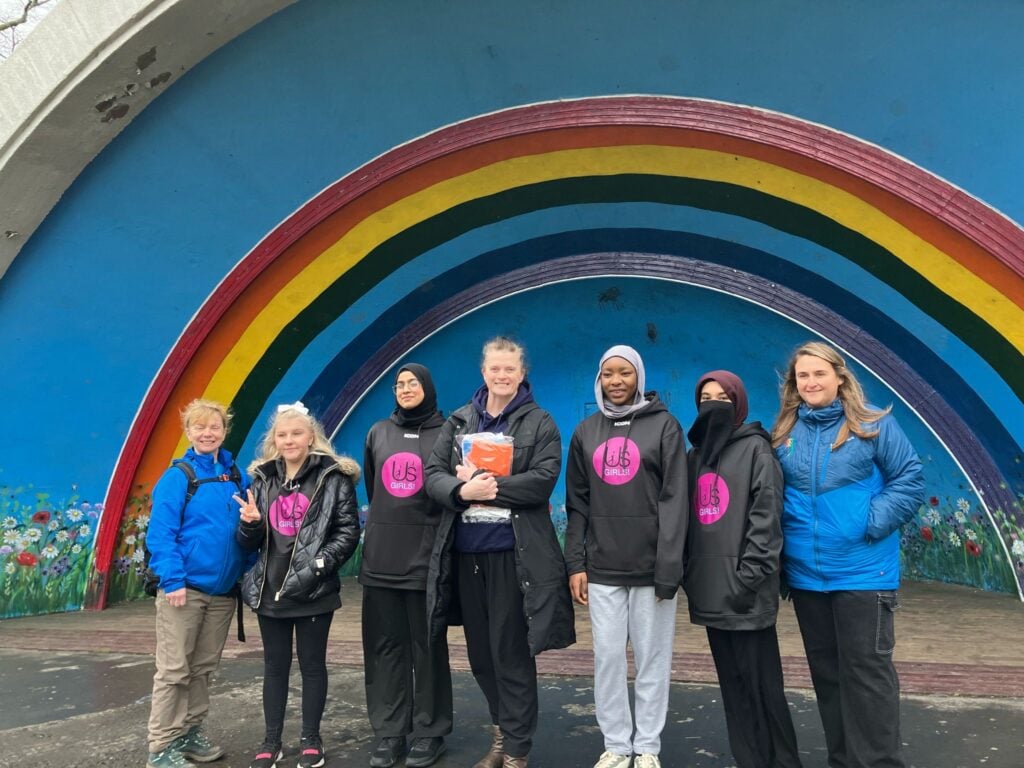
A collaboration between StreetGames, Your Trust and Rochdale Youth Service has supported girls and young women to have their say on sport and physical activity in their local area.
Your Trust is a charity based at the heart of the community in Rochdale borough, and a member of the StreetGames network in the North West. Their mission is to support people to live active, creative, happy and healthy lives. A core part of their vision is for women and girls to feel empowered in their local community.
With this goal in mind, the organisation drew on the support of StreetGames and Rochdale Youth Service to organise an interactive youth voice activity for young women and girls to directly contribute to Your Trust’s plans for developing their physical activity offer.
On 21st February, around 20 girls and young women from the local area were invited to take part in a ‘walk and talk’ activity, starting from Heywood Leisure Centre and taking in local parks and recreational facilities. Participants were encouraged to identify the areas that felt safe and unsafe for them, and the reasons for this – sharing their initial perceptions and reactions through conversations with staff as well as taking photos to visually illustrate any opportunities or barriers identified.
After returning to the leisure centre, participants were invited to reflect in smaller groups on what they had seen, alongside their day-to-day experiences of participating in physical activity and local youth provision. Their feedback provided an invaluable insight into some of the barriers faced by girls and young women around sport and physical activity, as well as their unique experiences of different leisure facilities including parks, youth clubs and leisure centres – with issues identified including:
- Lack of lights and security cameras in parks
- Uncertainty about how to use facilities at leisure centres
- A need for more staff trained in supporting young people with additional needs
- Lack of confidence taking part in physical activity in front of strangers
This feedback will feed directly into Your Trust’s decision-making process, ensuring that plans are made with users’ needs right at the heart.
Following the youth voice session, Heywood Leisure Centre hosted a multi-sport festival for girls aged 11-19, with all activities planned by a steering group of female young leaders. A fantastic 106 attendees took part in sports and activities including dodgeball, spin classes and a silent disco. StreetGames also facilitated a Youth Voice activity which gave participants the chance to share their ideas and designs for a new Youth Zone on the leisure centre site, with their sketches and notes feeding directly into the plans – again placing youth voice at the centre.
We were delighted to contribute our expertise and experience around engaging women and girls, intersectionality, and youth voice and engagement, and look forward to continuing to support Your Trust in their forward-thinking and inclusive mission.


